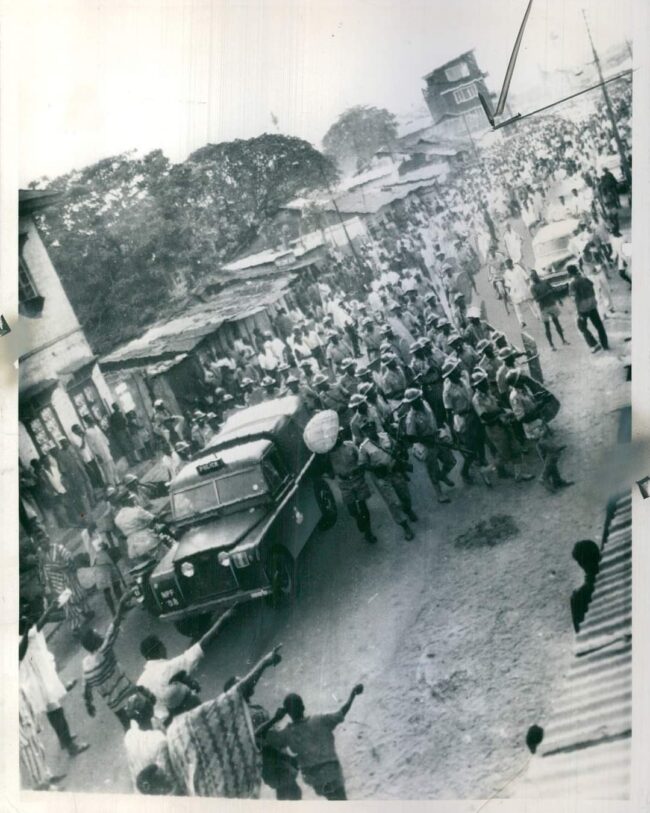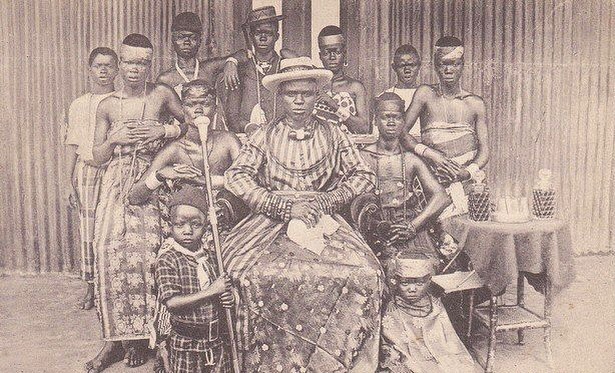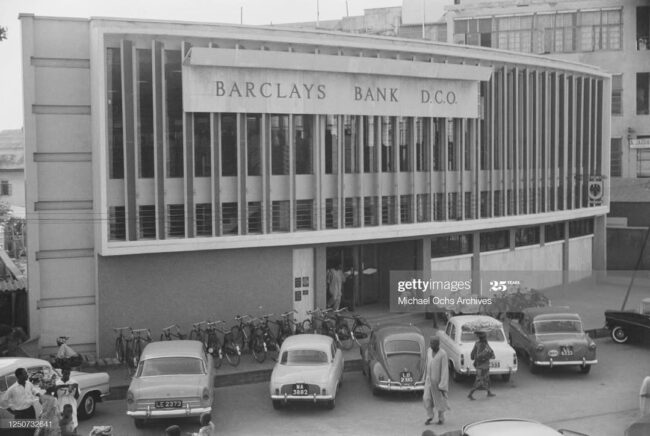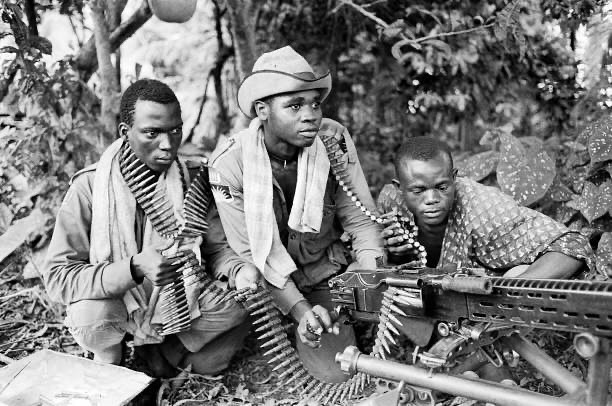Heavy Crowd of Demonstrators Demanding the Postponement of Federal Election in 1964
Nigeria held parliamentary elections on December 30, 1964, although because of a boycott in December, several constituencies in the Eastern Region, Lagos, and Mid-Western Region did not hold polls until March 18, 1965. Most parties ran in the election as part of alliances, including the United Progressive Grand Alliance (which included the National Council of Nigeria and the Cameroons, Action Group, the Northern Progressive Front, the Kano People’s Party, the Northern Elements Progressive Union, the United Middle Belt Congress, and the Zamfara Commoners Party) and the Nigerian National Alliance (which included the Northern People’s Congress, the Nigerian National Democratic Party, the Midwest Democratic Front, the Dynamic Party, the Niger Delta Congress, the Lagos State United Front, and the Republican Party). The outcome was that the NNA held 198 seats in the House of Representatives, while the Northern People’s Congress got 162 of the 312 seats. Nigerian Prime Minister Sir Abubakar Tafawa Balewa was re-elected, although the election was tainted by violence and manipulation.




